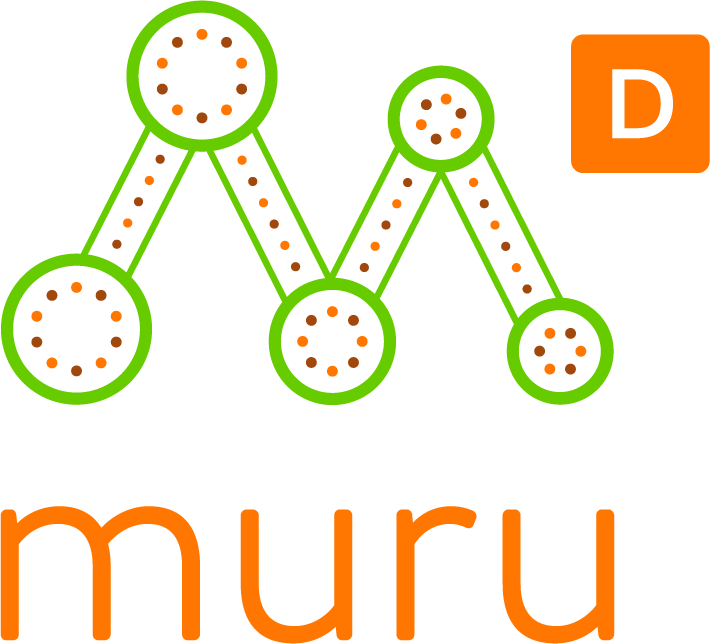Heading to China (or Asia)
In March the muru-D crew, startups and mentors are heading to China to visit Shanghai, Shenzhen and Beijing.
So why China? With a population of more than 1.3 billion people, China has overtaken the US as the new economic powerhouse. Last October, the Chinese economy surpassed the US to become the world’s largest economy.
Recently, the Chinese Government committed to $600 billion by 2020 to establish itself as the Internet of Things (IoT) centre of the world. There is no doubt that the Chinese government is ambitious. China is hungry to innovate. Technology is key to its continual growth and allows it to remain competitive amongst its Southeast Asian neighbours. Unlike the US, Europe and Australia, growth is imperative to China.
As the largest market in the world, there are plenty of opportunities in China but it’s certainly not the easiest market to enter. Different languages, cultural nuances and regulatory barriers can pose great challenges, especially for a small startup who is low on resources. However, the strengths of startups, such as being nimble, adaptable and willing to partner can be a massive advantage.
Startup founders typically think they have to be located in the same location as their market to increase their chances of scaling. Whilst it’s always good to be in close proximity to your customers, Asia is not the same as North America or Europe for the various reasons mentioned above.
For startups thinking about entering Asia, or China specifically, what’s critical is to find a business partner in China to get involved in either a:
(a) joint venture; or
(b) separate business venture through a wholly foreign-owned enterprise [1].
Whether you’re in close proximity or not, finding a local business partner can be beneficial in the long term as it allows for the sharing of incentives and risks. So why is this so important?
First of all, your local business partner has a better understanding of the local context. There are cultural nuances and hundreds of unwritten rules that your local partner will understand way better than you ever will. This is something that will take years if not decades to build up.
Second, your local business partner is more nimble. Regulatory challenges mean that for some startups working in protected industries, there are hurdles after hurdles to jump through. Your local business partner understands what it takes and how to navigate through them.
At muru-D, our startups are encouraged to find interns of mainland Chinese background. The interns are very resourceful and helped them with their China strategy. They are also key for Australian startups without much background in China or Asia to help find local business partners. So if you don’t know where to start with China, find a local Chinese student at a university — it’s a good experience for you and them.
Lastly, muru-D is teaming up with our alumnus, OpenLearning to run the MOOC Plus competition [2], which selects local entrepreneurial students in China to join muru-D on the China Trip from 6-15th March. These students will be helping the muru-D teams to navigate China during our nine days there.
By working together with a local business partner, the rates of learning and execution are much faster. So if you want to capture 2% of China, start finding that Chinese intern, work on your China strategy then head to China to find a business partner.



A few interns of the muru-D startups.
– Rachel
Footnotes
[1] Both JV and WFOE have their own benefits and cons, what’s more important is to choose the right business partner(s) that you can trust. A lawyer and accountant can advise you on what’s the best legal structure if you want to expand.
[2] If you are interested in the MOOC Plus competition or would like to invite your friends, please visit: www.openlearning.com/moocplus.



